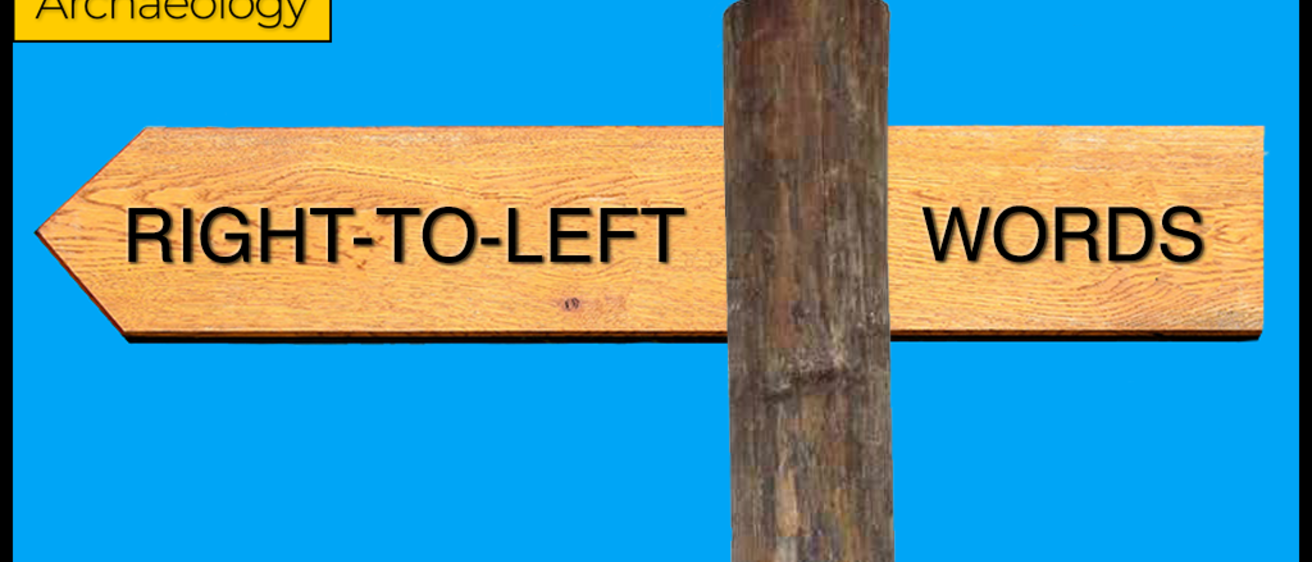The Hebrew noun חרב (ḥereḇ, pronounced as ḥerev with the final 'bet' pronounced as a 'v') is the word for a "sword" or "dagger." After driving Adam and Eve from the garden, Genesis 3:24 famously describes how "at the east of the garden of Eden he (God) placed the cherubim, and a sword (החרב) flaming and turning to guard the way to the tree of life." Unsurprisingly, חרב (ḥereḇ) occurs frequently in stories of warfare and violence, where the sword serves both as a weapon and as a poetic means of describing warfare and conquest, as seen in Joshua 11:14: "But all the people they struck down with the edge of the sword (חרב), until they had destroyed them."
The חרב (ḥereḇ) plays an essential role in the dramatic story of the left-handed judge Ehud described in Judges 3. The text describes in Judges 3:16 how before going to see the King Eglon of Moab to pay tribute, "Ehud made for himself a sword (חרב) with two edges, a cubit in length; and he fastened it on his right thigh under his clothes." By fastening his חרב (ḥereḇ) to his right thigh—knowing that most ancient peoples were right-handed and therefore wore their swords on their left thighs, where security would certainly check—the left-handed Ehud successfully smuggles his sword into the presence of the king. After delivering the tribute, Ehud requests a private audience with the king to deliver "a secret message from God." The contents of this message are seen in Judges 3:21–22: "Then Ehud reached with his left hand, took the sword (החרב) from his right thigh, and thrust it into Eglon’s belly; the hilt also went in after the blade, and the fat closed over the blade, for he did not draw the sword (החרב) out of his belly; and the dirt came out." The remainder of Judges 3 describes how Ehud's actions lead to a reversal of fortunes as the Israelites subdue the Moabites bringing rest to the land for 80 years.
